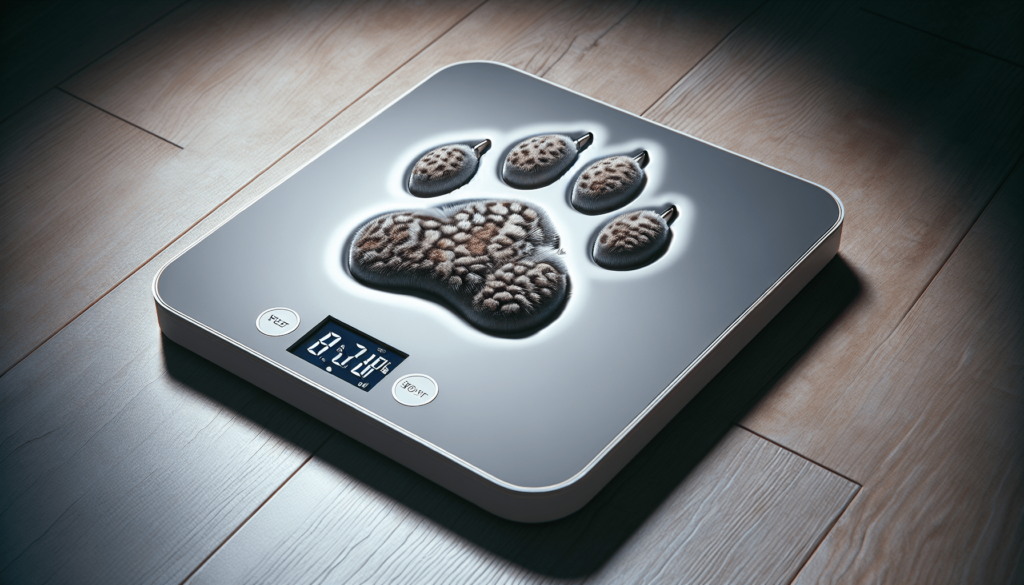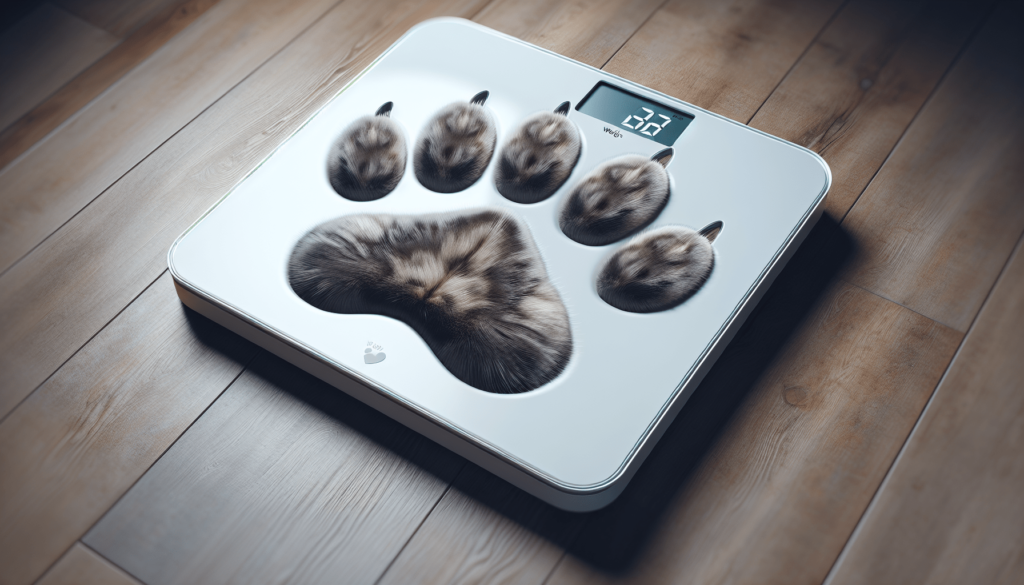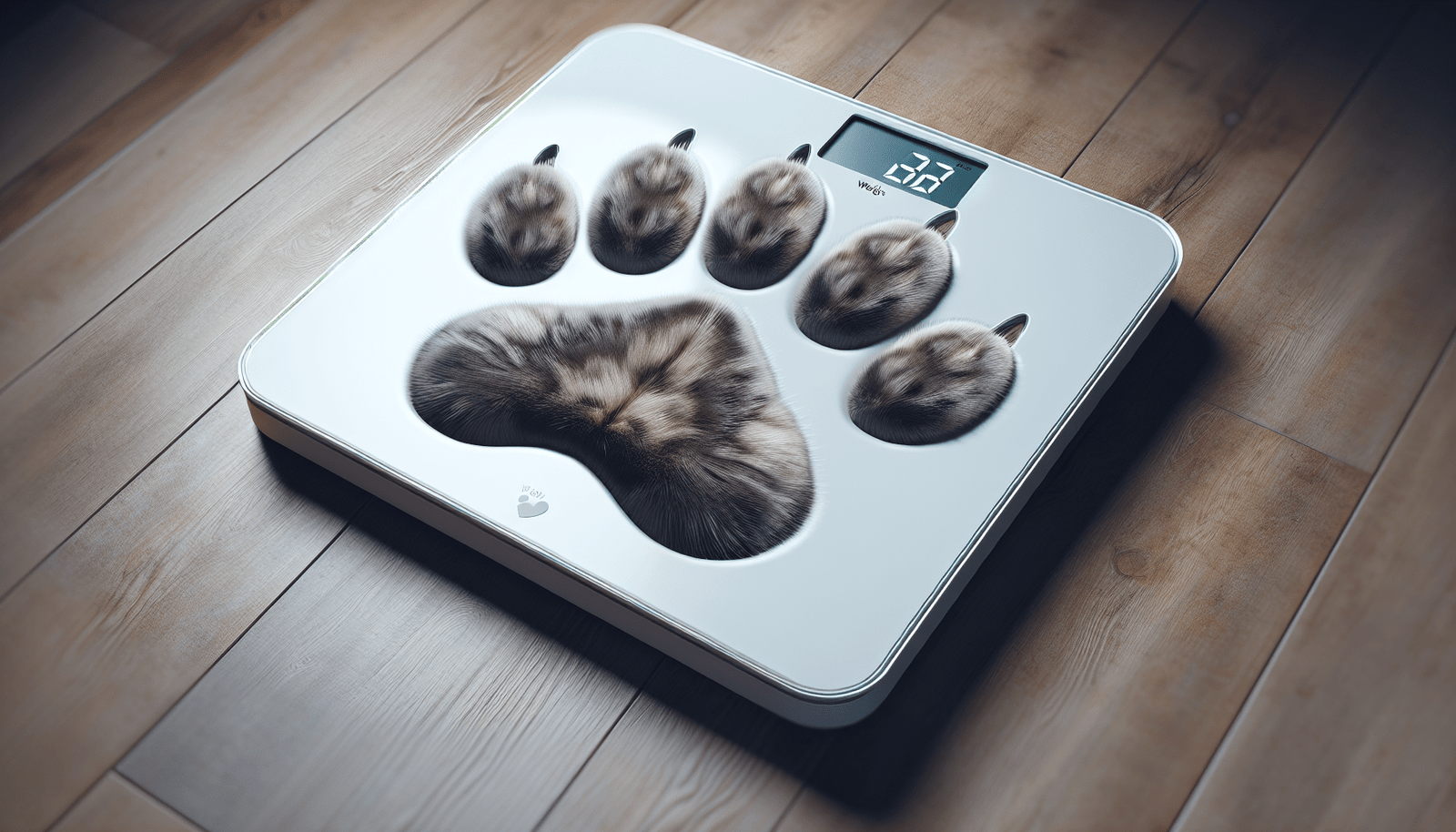How Much Should My Cat Weigh
Welcome to an informative article that will help you understand how much your beloved feline friend should weigh. It’s important to monitor your cat’s weight to ensure their overall health and well-being. By knowing the ideal weight range for your cat’s breed and size, you can make informed decisions about their diet and exercise routine. Let’s explore the factors that affect your cat’s weight and learn how to keep them at a healthy and happy weight. How Much Should My Cat Weigh
Have you ever found yourself wondering, “How much should my cat weigh?” It’s a common question among cat owners who want to ensure that their furry friends are at a healthy weight. Just like humans, cats can also struggle with weight issues, which can lead to various health problems. In this article, we will explore the ideal weight range for cats, factors that can influence their weight, and how to help your cat maintain a healthy weight.

Understanding the Ideal Weight Range for Cats
When it comes to determining your cat’s ideal weight, there isn’t a one-size-fits-all answer. The ideal weight for a cat can vary depending on factors such as breed, age, and activity level. As a general guideline, most domestic cats should weigh between 8 to 10 pounds. However, larger breeds like Maine Coons can weigh up to 25 pounds or more, while smaller breeds like Siamese cats may weigh as little as 5 pounds.
Factors That Can Influence Your Cat’s Weight
Several factors can influence your cat’s weight, making it essential to consider these factors when determining their ideal weight. Some of the primary factors that can affect your cat’s weight include:
- Breed: Different cat breeds have different body types and weight ranges. For example, Persians are known for their stocky build and can weigh more than slender breeds like the Siamese.
- Age: Kittens tend to be more active and have higher energy needs, while older cats may become less active and prone to weight gain.
- Sex: Male cats generally weigh more than female cats, but this can vary depending on the individual cat.
- Neutering/Spaying: Neutered or spayed cats may be more prone to weight gain due to changes in their metabolism and hormone levels.
Signs That Your Cat May Be Overweight
It’s crucial to monitor your cat’s weight regularly and watch for signs that they may be overweight. Some common signs that your cat may be carrying too much weight include:
- Loss of waist definition: Your cat’s body should have a visible waistline when viewed from above. If your cat is round or oval-shaped, they may be overweight.
- Unable to feel ribs: You should be able to feel your cat’s ribs beneath a thin layer of fat. If you can’t feel them or they are buried under a thick layer of fat, your cat may be overweight.
- Difficulty grooming: Overweight cats may have trouble grooming themselves, leading to matting or unkempt fur.
- Lack of energy: Cats who carry excess weight may become less active and have trouble getting around due to the extra strain on their joints.
Tips for Helping Your Cat Maintain a Healthy Weight
If you suspect that your cat may be overweight or want to ensure that they stay within a healthy weight range, there are several steps you can take to help them maintain a healthy weight. Here are some tips for keeping your cat at a healthy weight:
Proper Nutrition
One of the most critical factors in maintaining your cat’s weight is ensuring they have a balanced and appropriate diet. Provide your cat with high-quality cat food that is suitable for their age, breed, and activity level. Avoid feeding your cat excessive treats or table scraps, as these can contribute to weight gain.
Portion Control
Monitoring your cat’s portion sizes is essential for managing their weight. Be sure to follow the feeding guidelines on your cat’s food packaging and measure out their meals to prevent overfeeding. Avoid free-feeding your cat, as this can lead to overeating and weight gain.
Regular Exercise
Encouraging regular exercise is crucial for helping your cat burn calories and maintain a healthy weight. Provide your cat with interactive toys, scratching posts, and opportunities for play to keep them active. Consider incorporating daily play sessions to ensure that your cat stays active and engaged.
Vet Check-Ups
Regular veterinary check-ups are essential for monitoring your cat’s weight and overall health. Your veterinarian can help you determine whether your cat is at a healthy weight and make recommendations for managing their weight if needed. They can also screen for underlying health conditions that may be affecting your cat’s weight.
Weight Management Programs
If your cat is overweight, your veterinarian may recommend a weight management program to help them reach their ideal weight. These programs typically involve a combination of diet modifications, exercise plans, and regular weigh-ins to track your cat’s progress. Working with your veterinarian can help ensure that your cat safely and effectively loses weight.

Conclusion
In conclusion, maintaining a healthy weight is crucial for your cat’s overall well-being and longevity. By understanding the ideal weight range for cats, factors that can influence their weight, and how to help them maintain a healthy weight, you can ensure that your feline friend stays healthy and happy. Remember to monitor your cat’s weight regularly, provide them with proper nutrition, encourage regular exercise, and consult with your veterinarian if you have any concerns about your cat’s weight. By taking a proactive approach to your cat’s weight management, you can help them live a long and healthy life.







